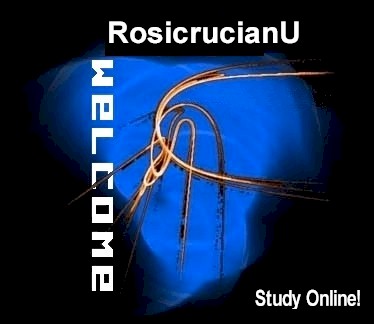

Nahum was a contemporary of both Jeremiah and Zephaniah, writing in the sunset of the Kingdom. His Book, more properly called an Ode, is divided into three parts, each one of which is a dramatic poem. The first part deals with the supreme power and glory of God; the second and third contain a graphic description of the capture of Nineveh. For forceful details and vividness of action, biblical scholars have compared these chapters with Carlyle's account of the capture of the Bastille during the French Revolution.
Esoterically considered, this prophecy relates to the law underlying all national causation. As a man must reap what he has sown, so, too, must a nation — a bitter lesson now being brought home to mankind. The same law applies to both. The word Huzzab means decreed, ordained. Any nation or people which loses the sense of social justice and equality, and places ease and pleasure above duty and responsibility, will inevitably suffer downfall. The just Law of Causation has brought about the rise and fall of civilizations. On inner planes certain Masters await for the rise of a nation that will demonstrate righteous living, that will lift the standard of righteousness above the demands of self-interest and spiritual values above materiality. Such a nation must replace temporal things with things eternal, and exalt as the chief aim and purpose of life, the quest for Truth. Only a civilization fulfilling these requirements can endure. In anticipation of its coming, Nahum sings: "Behold upon the mountains the feet of him that bringeth good tidings, that publisheth peace! O Judah, keep thy solemn feast, perform thy vows: for the wicked shall no more pass through thee; he is utterly cast off." (Nahum 1:15).
Astrologically, Nahum represents Leo, the lion: "Where is the dwelling of the lions, and the feeding place of the young lions; where the lion, even the old lion, walketh, and the lion's whelp, and none made them afraid" (Nahum 2:11)
He calls his ode "The Burden of Nineveh." Esoterically, it recounts the terrible destruction suffered by men and nations because of their misuse of God power within and without. The symbol of this great power is the lion, king of beasts.
The downfall of Nineveh seemed to the prophet a just retribution meted out under divine Law, while its celestial counterpart, victory of the Children of God in the end of the ages, seemed sure to his vision: "Behold upon the mountains the feet of him that bringeth good tidings, that publisheth peace! O Judah, keep thy solemn feasts . . . for the wicked shall no more pass through thee." This is the promise of Leo, the Christed One, who knows the full glorified powers of the Lord's Law awakened within, its precepts being written upon his forehead and inscribed within his heart. Such a One no longer needs external laws for he has risen above them and become a law unto himself and to all mankind. In him the glory of God is made manifest. The keynote of Nahum's message is that the glory of the Lord (Law) and of God (within) is made manifest through control and right use of the cosmic Fire force within man and the universe. This is also the highest spiritual teaching of Mysteries belonging to the sign Leo.
— Corinne Heline